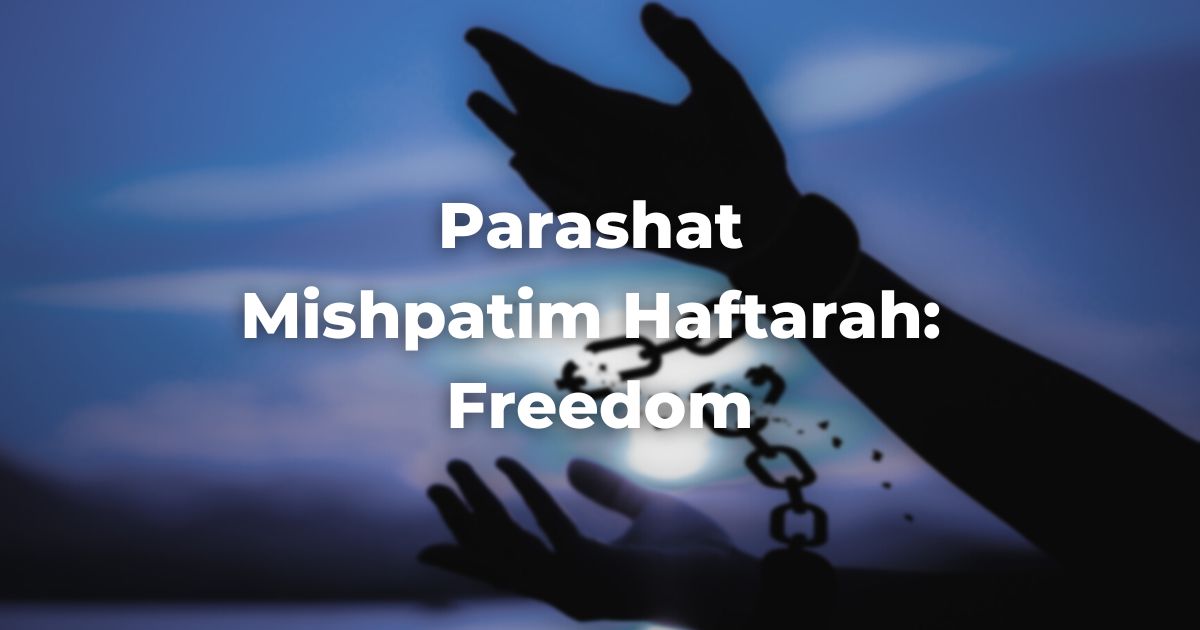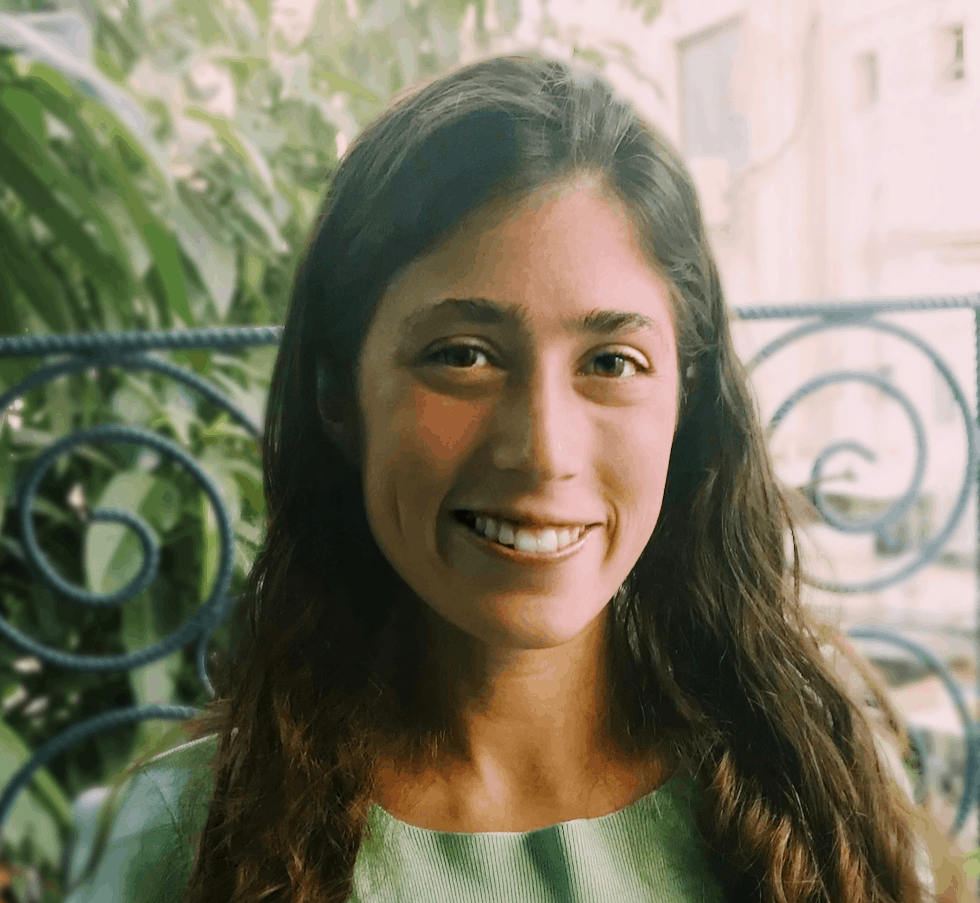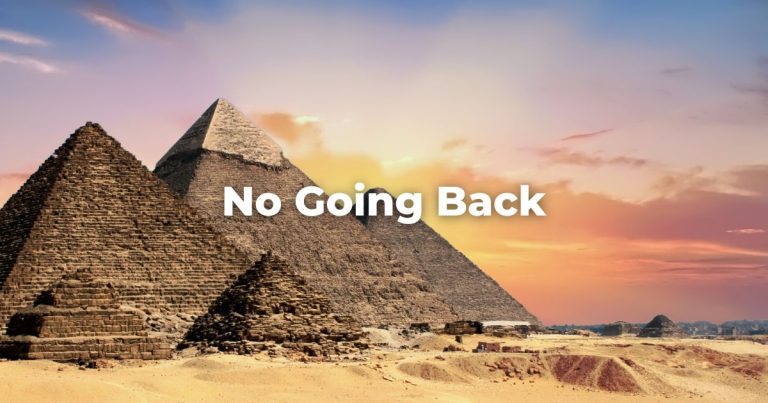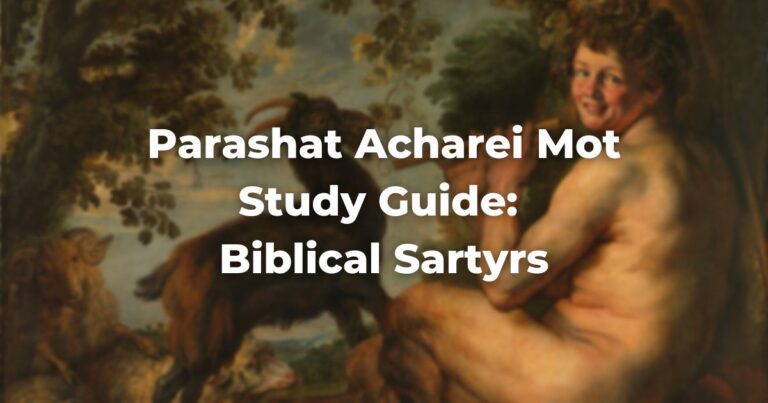The greatest story of our tradition is a story about freedom—freedom from slavery in Egypt, freedom to live and worship in our own particular way.
Our haftarah portion continues to explore that push-pull of freedom.
Does freedom mean lack of oppression or does it mean positive ability to accomplish what we want? Is it freedom from or freedom to?
Jeremiah addresses the people of Judah during the siege of Jerusalem, before the fall of the city. King Zedekiah had made everyone set their slaves free, paraphrasing the law found in this week’s parashah on the manumission of slaves during the seventh year.
And everyone did as the King had commanded for a time, upholding the law and the covenant with God. But then they all re-enslaved their former slaves. The freedom was a temporary experience, the closeness with God a passing moment.
In response, God has Jeremiah chastise them, saying, as translated by Robert Alter:
“You, you did not listen to Me to proclaim a release, each man to his brother and each man to his fellow. I am about to proclaim a release for you, said the LORD, to the sword and to pestilence and to famine, and I will make you a horror to all the kingdoms of the earth.”
Something very interesting is happening here.
The people have failed in their task and so God takes it up. The people did not proclaim a release and so God does. The release the people were meant to proclaim was one from slavery. There is no differentiation in this verse between slaveowner and slave. Both sides were to be freed by the ending of slavery.
Instead, both sides are punished.
God proclaims a release in which the sword, pestilence, and famine take the place of brothers and fellows. We move from acting on our agency to being acted on by God. We move from freedom to be part of our community to lack of freedom from agents of death.
Medieval commentator Rashi phrases it even more strongly.
He interprets God as saying, “I proclaim a release for you from me.” It is God who refuses to hold us as slaves.
Of course, being a slave of God is not the same as being enslaved by our fellows. It is something we choose to take on ourselves, something we can only take on ourselves in moments when we are truly free from other masters—whether from the Egyptians or from our own people.
And it is something which offers us freedom from the normal concerns of a dweller of a besieged city.
God offers us protection. When we reject the idea of freedom in general, we lose the option to take up the yoke of God. We do not have freedom to choose God when we are in service to another. And we do not have freedom from the horrible things from which God would protect us.
It might not seem like much of a choice. But it’s the choice we get to make.
See more: Parashat Mishpatim
Originally posted as part of the Conservative Yeshiva at the Fuchsberg Jerusalem Center’s Torah Sparks. Support TorahRefers to the first five books of the Hebrew Bible, the Tanakh, also called the Five Books of Moses, Pentateuch or the Hebrew equivalent, Humash. This is also called the Written Torah. The term may also refer to teachings that expound on Jewish tradition. Read more learning from the Fuchsberg Jerusalem Center/Conservative Yeshiva for leaders and seekers around the world here.
Authors
-

Bex Stern Rosenblatt is the Conservative Yeshiva’s Faculty-in-Residence for the Mid-Atlantic Region of the United States, teaching Tanach, using the techniques of close-reading, theater, feminist readings, and traditional commentators. Bex also directs the CY’s recruitment efforts in North America. After finishing her B.A. in History and German at Williams College, Bex received a Fulbright Grant to Austria. She later earned an M.A. in TanakhAn acronym for the name of the Hebrew Bible: Torah, Neviim, and Ketuvim. Read more from Bar Ilan University and has also studied at the Conservative Yeshiva and Bina Jerusalem. Bex is the founder of HavrutaA study partner. A hevruta is more than just a ‘study buddy’ it is a serious and personal relationship between colleagues. Also spelled: Havruta Read more Tel Aviv, an organization that facilitates guided pair-learning of the Tanakh.
View all posts -



The Fuchsberg Jerusalem Center (FJC) is a home in the heart of Jerusalem where leaders and seekers can find an authentic place in Jewish tradition to call their own. FJC offers opportunities to study, pray and explore within an egalitarian and inclusive setting, creating multiple pathways for finding personal and communal meaning.
View all posts






